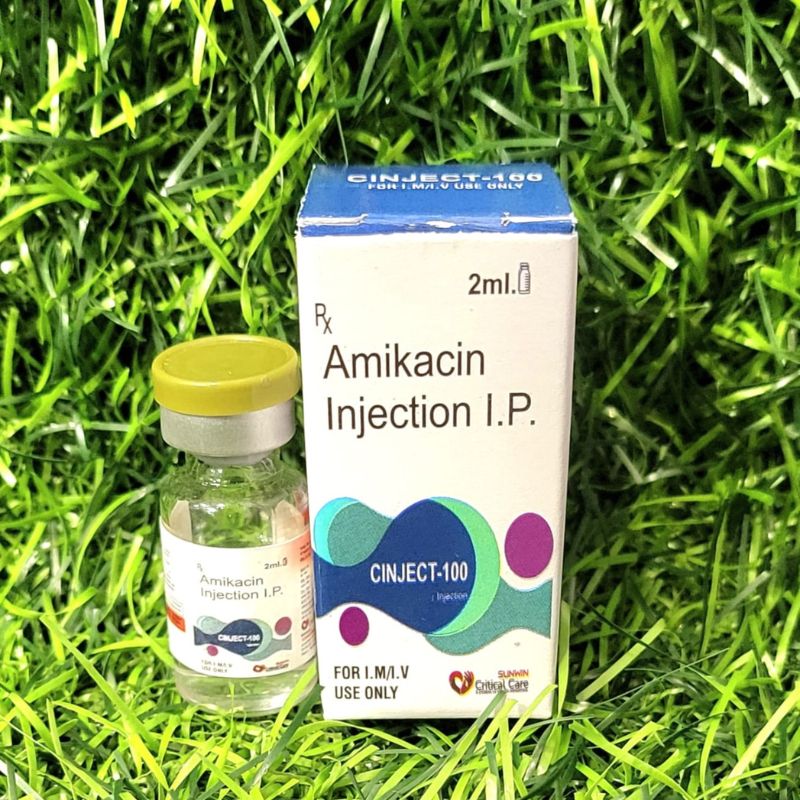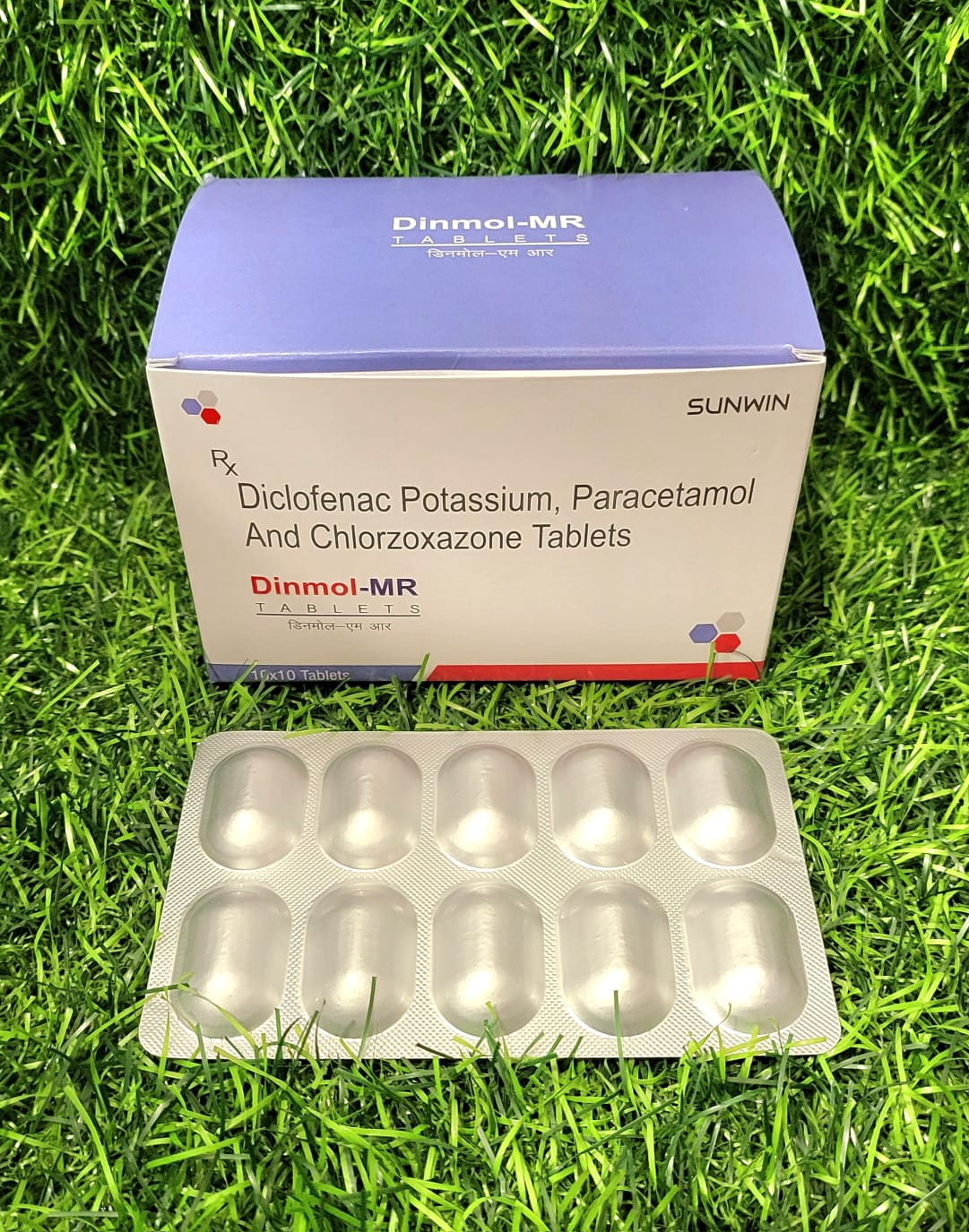Composition:-
Amikacin 100 mg.
Uses:-
Amikacin 100 mg is a powerful antibiotic medication belonging to the aminoglycoside class. It is used to treat severe bacterial infections caused by susceptible organisms. Amikacin works by inhibiting the growth of bacteria and killing them, thereby helping to control and eliminate the infection. This medication is commonly prescribed to treat infections that are resistant to other antibiotics or when other antibiotics cannot be used due to allergies or ineffectiveness. Amikacin is effective against a wide range of bacteria, including those causing serious infections like pneumonia, urinary tract infections, bloodstream infections (septicemia), bone and joint infections, skin and soft tissue infections, and certain types of bacterial meningitis. It is often used in hospitals and clinical settings to treat serious infections that require intravenous administration.
Side Effects:-
While Amikacin 100 mg can effectively treat bacterial infections, it may cause some side effects in some individuals. Common side effects may include pain or irritation at the injection site, nausea, vomiting, diarrhea, headache, dizziness, and fever. More serious side effects may occur, including kidney damage, hearing loss (especially with prolonged or high-dose therapy), balance problems, muscle weakness, and allergic reactions such as rash, itching, swelling, or difficulty breathing. Patients should be closely monitored for any signs of adverse reactions while receiving Amikacin, and healthcare providers should be informed if any unusual or concerning symptoms occur.
Indication:-
Amikacin 100 mg is indicated for the treatment of severe bacterial infections caused by susceptible organisms. It is particularly useful in treating infections caused by multidrug-resistant bacteria or when other antibiotics are ineffective. Amikacin is commonly used in hospital settings to treat serious infections such as pneumonia, septicemia, urinary tract infections, bone and joint infections, and bacterial meningitis, especially in critically ill patients or those with compromised immune systems. The dosage and duration of treatment with Amikacin will vary depending on the specific type and severity of the infection, as well as the patient’s age, weight, renal function, and other individual factors. It is essential to follow the prescribed regimen carefully and to complete the full course of treatment as directed by a healthcare provider to ensure the infection is fully eradicated and to minimize the risk of antibiotic resistance.


